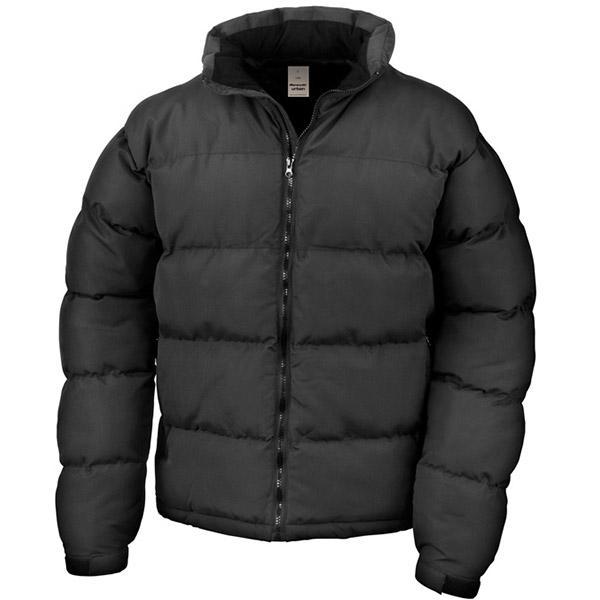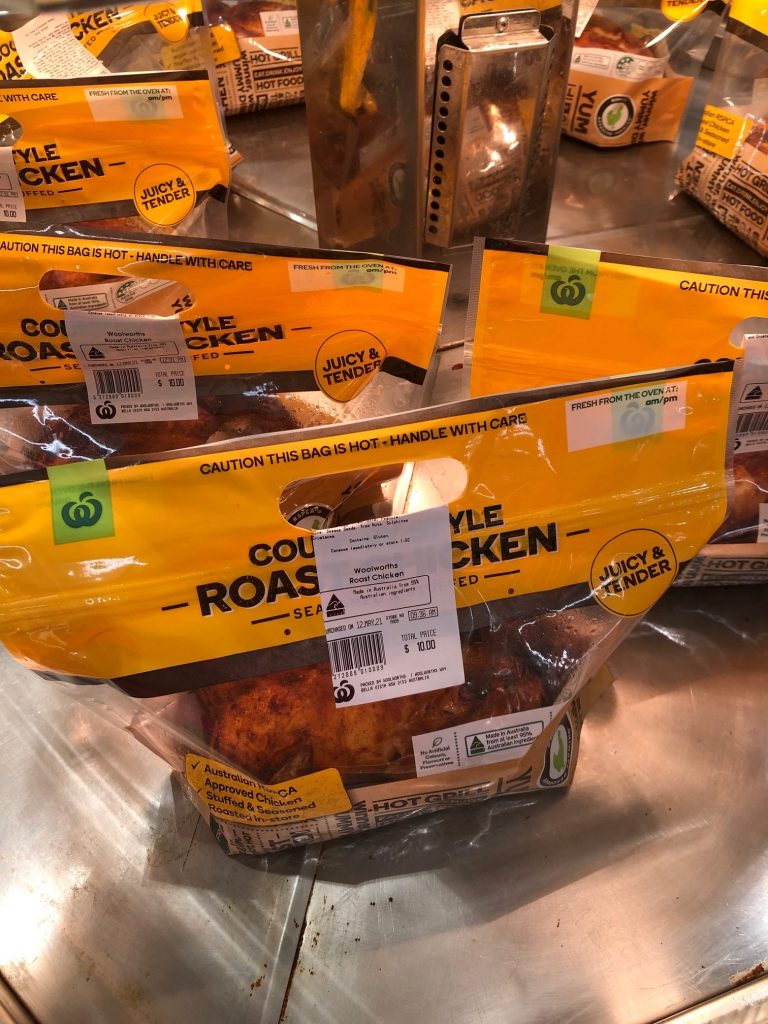I have news on the tradie term front.
I found a clipping in my files quoting Cassie Lobley from the West Tamar as saying that when the travel voucher system was brought in late last year, it was just the thing her accommodation and cooking school business needed after they lost all their bookings because of Covid.
‘We’ve had to turn our tour bus into a trade vehicle,’ she told The Sunday Tasmanian, ‘with my hubby back on the tools as a fridgie to pay the bills.’
Fridgie – of course! – a refrigeration mechanic. One more to add to the list of chippies, sparkies, brickies and, I’ve since remembered, chalkies – teachers. Although whether teachers are strictly tradies may be a moot point.
And good on you, Cassie, for using that fine old-fashioned Aussie-ism hubby. So much more charming than partner. I know I’m a sentimental old chook but It gladdens my heart when people continue to use home-grown terms like hubby, and chook for that matter. It’s inevitable, I suppose, that soon only old chooks like me will even know what these words mean, what with our native lingo being drowned in the torrent of homogenised globalese that’s increasingly making our young folks sound like young Americans.
And yes, yes, I know that language is always changing and there’s no point endlessly bemoaning the loss of old forms.
Better to celebrate the sheer inventiveness of new Aussie slang. And so to the new Aussie slang quiz mentioned at the end of my last column.
When I said ‘everyone knows what a Tassie tuxedo is’, I should confess that the first I heard of this wonderful concept was during the run-up to the recent state election when on a chilly April day Premier Gutwein made a campaign pronouncement dressed ‘informally’, according to The Australian, in a Tassie tuxedo – a puffer jacket.
The Premier’s garment was sleeveless, but here’s the question: is the Tassie Tuxedo necessarily sleeveless? At least one reader says so, but he was probably going by what the Premier had on that day. Normal tuxedos have long sleeves, so my money’s on either long or short for the Tassie variety. But I’m open to reasoned debate on the subject.
Kiwi Samsonite. I first heard this from a bloke who works as a baggage handler at Tullamarine Airport. It’s those lightweight plastic zip-up bags, usually patterned in pale tartan, and coming in a variety of sizes. I won’t speculate on how or why such a useful and inexpensive item got that name. This is an inclusive and respectful column after all.
The bachelor’s handbag. That’s the small clear plastic heatproof bag, with convenient hand-holes at the top, in which a person, possibly male, possibly young, possibly not having someone at home to make him a cut lunch or a nice dinner, takes home a barbecued chicken from the supermarket. (It’s a pity the Urban Dictionary misspells the word bachelor with a t before the c.)
In similar vein we have the bogan’s briefcase, and I am indebted to the reader who first alerted me to the existence of this wonderful nickname for a wine cask.
I came across another absolute corker, coined recently by historian David Clune. He says when the NSW Labor Party split during World War I over the conscription issue, English members left and the working-class Irish took control. They liked to do things their own way, to put it politely, leading to the tradition of favours for mates, backhanders and rorts which has plagued NSW Labor governments ever since. Anyway, Clune dubbed this Irish element the Murphia. Isn’t that gorgeous? Whether it survives and thrives in Australian speech, like rort itself has done, remains to be seen.
Rort is a significant Australian word, dating from between the wars. It came from the word wrought, meaning ‘worked into shape’, as in wrought iron, the connection being that a rorter ‘works’ his victims. So rort became a noun meaning ‘scam’ or ‘trick’, and is active as a verb too, as in when you rort the system.
So not all old Aussie slang is doomed to extinction. Bonzer cobbers might be dead, but the sickie, like the rort, is notably alive and well. I wonder: is the enduring popularity of these two slang words down to the fact that they reflect something irrepressibly larrikin or downright dodgy in Australian native culture? Your thoughts welcome.
This article was first published in The New Norfolk News on June 4 2021.





